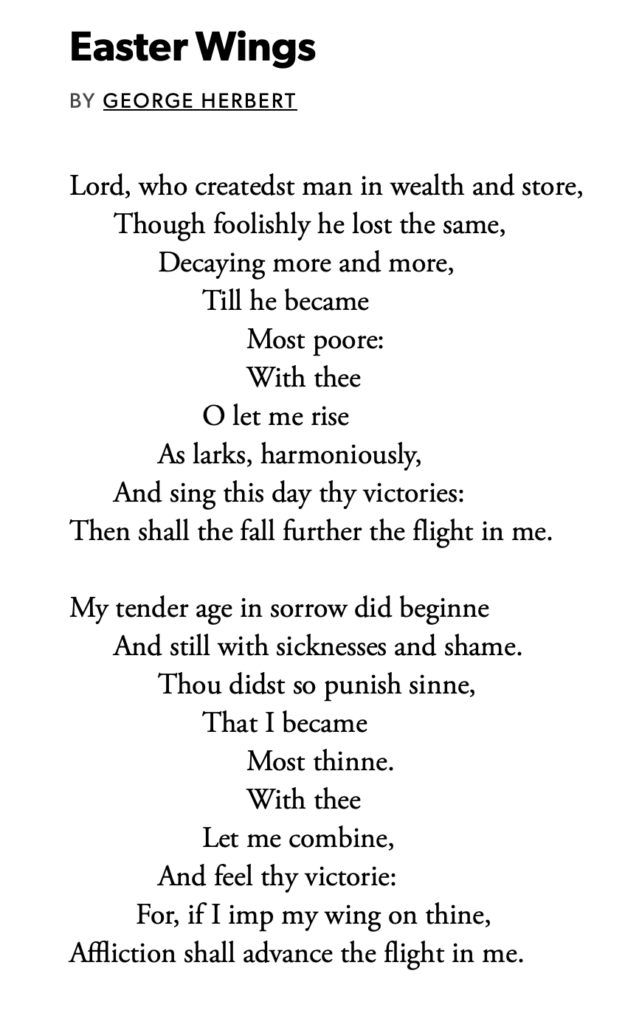My reading of verse this year has been sometimes depressing, since I’ll never be able to write like, say, Wallace Stevens; it’s also made me angry given the pretentious, self-absorbed habits of some contemporary poets bred in the hothouses of writing programs where novelty was valued more highly than rigor or sense (pace Flannery O’Connor), or where reaching for an audience other than fellow poets was considered a demotic fault. I predict their work will not have much currency in a hundred years, though they don’t mind, being post-post-Modern and all.
In my younger days my parents often encouraged me to “write for the common man,” which makes me think of Virginia Woolf‘s devastating remarks on the common reader. My folks meant something like Rudyard Kipling (my father used to recite “The Charge of the Light Brigade,” which he had memorized in high school) or Edgar Guest or, God forbid, Rod McKuen, whose work proved a great erotic resource during my adolescence. It’s not the common man I’m after: I’m not terribly au courant, after all, though I do try to notice new diction and structures of American English. I enjoy writing for the stage because it forces me to walk a fine line: every word from every character has to be authentic–how he or she would say it, not how I would say it. The same was true for my mini-career in executive speechwriting. Your script must stand for someone who’s not you.
Poetry is a little different, despite or even because of its oral nature. Friends still fault me for using the right word. As a reader myself I don’t mind looking things up–I just don’t want to have to do it in every line, which makes me feel stupid or makes the author seem pretentious. Both are possible. I admit I have loved S.J. Perelman, the New Yorker comic essayist who not incidentally also wrote for Groucho Marx, partly and precisely because he sent me scrambling for definitions. “Quahog” comes to mind.

A more telling pushback I get from acquaintances has to do with their own cultural illiteracy, The phrase sounds mean (thanks, E.D. Hirsch) but I refer without judgement to the fact that you and I know different things because of our diverse backgrounds. I find that poems about Palestine or the Ghetto (Jewish or Black) or Inigo Jones‘ many faults often elude me because of my own illiteracy.
I’m working on a poem now about Jacob wrestling the angel, and no one in my writing group seemed to recognize the background story, which resulted in much confusion. Some were mildly offended at my assuming they were aware of stories from the Book of Genesis. They insisted I spell it all out, though I feel as if providing so much exposition would be boring. I’m ruminating on this matter. I should mention that the venue for which I’m writing wants to limit me to a three minute performance, so there’s that. I might should find someone with exceptionally rapid speech (ERS) to do the recitation. As a speechwriter I estimated 140 words per minute, though there are people who can do 250.
Which brings me back to my peeve about poetry not being treated as an aural art like music, with which it has been so happily conflated for a couple millennia (thanks, Homer, Shakespeare, all you Romantics, and Sidney Lanier)–but that’s a subject for another day.
I know, I know, you’re going to hit me upside the head with a broadside of George Herbert’s Easter Wings, above. Talk later.
